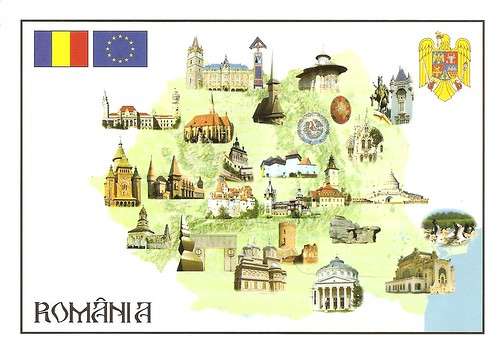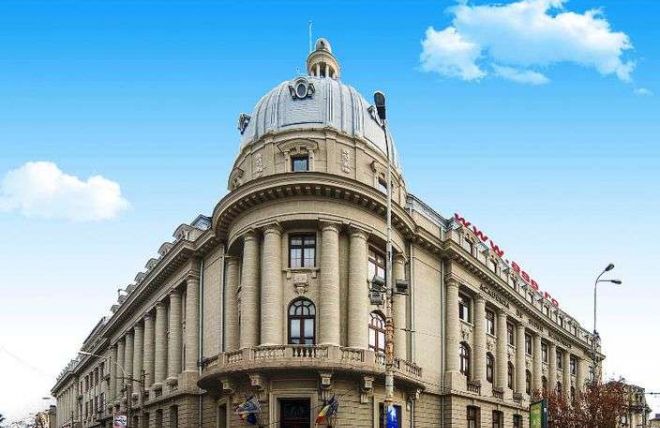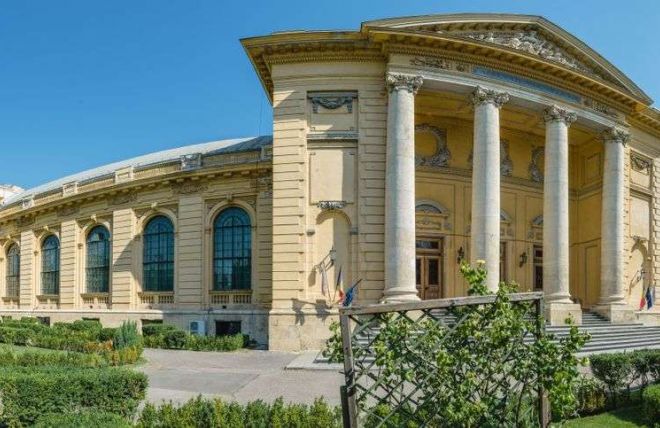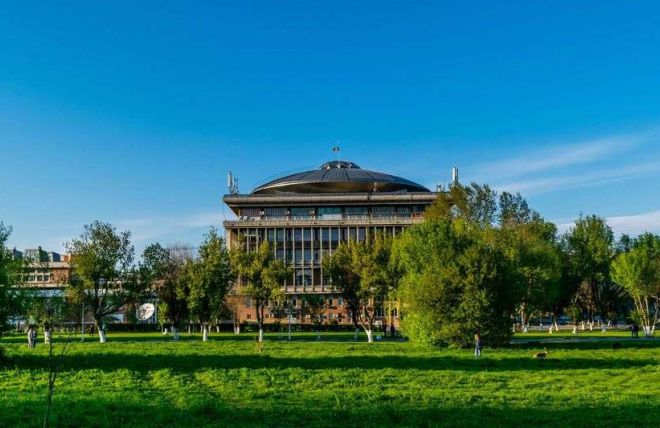Study in Romania
Studying and living in Romania has never been so easy
Learn all about Romania, chose the perfect course from the best university. And let Weke guide you all the way
Why study in Romania?
Studying in Eastern Europe !!! the smarter choice
Located in the region known as the Balkans, Romania is a southeastern European country known for the forested region of Transylvania, surrounded by the Carpathian Mountains. In short, the land of Dracula.
Romania has a little less than 19 million inhabitants on an area of 238,397 km². It has been part of the European Union since 2007
It is within this framework that you will have the chance to participate in many mobility and exchange programs with different foreign and partner Romanian Universities

Although probably the most famous thing about Romania is the legend of Dracula, Romania is much more than that.
Think medieval towns, time capsule villages, delicious cuisine, picturesque monasteries, pristine forests, majestic mountains, a thriving arts community and awe-inspiring landscapes. ...And, of course, a high quality education!
By choosing to study in Romania you will benefit from the following:
Quality of education
Romanian higher education is known for its rich academic heritage with state-of-the-art facilities, exciting student life and modern research opportunities.
Romania also offers you the opportunity to benefit from its renowned academic tradition, especially in the fields of engineering, medicine and science. Four of Romania's universities are ranked among the best universities in the world.
Romania university degrees are recognized throughout Europe and beyond.
Fastest internet in the world - Ranked 3rd in the world, Romania has super-fast internet connectivity which you can benefit from for studying, keeping in touch or just listening to music on YouTube.
Choice of language
Study in English, French, German, Romanian or Hungarian. Romania has a wide choice of university programs.
With more than 100 accredited public and private higher education institutions, you can choose from different study programs at bachelor's, master's and doctoral/doctoral level, all leading to an EU-recognized degree.
In addition, the Diploma Supplement (DS) issued automatically with your final diploma is bilingual and thus ensures the transparency of learning outcomes and improves employability.
Cultural life
Bucharest has more than 40 museums and Romania has the second largest open-air museum in the world, the Astra Museum in Sibiu. Cinemas, theaters, classical music, festivals, concerts… choose your favorite
Work opportunities
There are many possibilities to find a job, adapted to your student schedule and work for those who study in Romania
With many of the world's largest organizations electing to capitalize on the benefits offered by Eastern Europe lower taxes, lower operating costs and highly qualified resource (due to its education standards), the opportunities are abundant.
Work for students in full-time education is limited to 20 hours per week.
Students benefit from a number of discounts cultural events, visiting museums or historical sites, public transport, dormitories, etc. The nightlife can also be very exciting
Quality of life
Romania is ranked 48th in the world for air quality by the World Health Organization. You will also live and study in one of the safest countries in Europe, with some of the lowest crime rates in Europe.
Mobility
With seven UNESCO World Heritage Sites, Romania is a multi-faceted country. You will have the opportunity to travel to Transylvania and visit the land where the legend of Dracula was born. Bran Castle awaits you in the middle of the country, as well as the fortified city of Sighisoara.
Or you can choose the seaside, with its wide sandy beaches and modern seaside resorts, the Danube Delta, the Carpathian Mountains with their very good hiking trails and ski resorts or the county of Moldova with its painted monasteries of Bukovina!
A good education shouldn't cost a fortune
Neither should a decent life
The general cost of living in Romania is not so high compared to other European countries.
You will find here some useful information to help you estimate monthly living expenses for students and do your own calculation.

How much money will you need to live on?
On average, life in Romania is 55-60% cheaper than in northern and western Europe.
The cost of living in Romania is about 47% lower than in the United States.
The Bulgarian currency is the Lev with a fixed exchange rate: 1 EUR = 1 95583 BGN.
- Shared rental - 80 EUR to 150 EUR /month
- Private accommodation / Rental – 130 EUR to 300 EUR / month
- Dorms on campus – 60 EUR to 85 EUR / month
- Food (canteen/grocery store/restaurant) – 100 EUR to 300 EUR/month
- Car maintenance (after purchase) – around 100 EUR / month
- Gas, Electricity – 40 EUR to 60 EUR / month
- Telephone and internet – 20 EUR to 40 EUR/month
- Medical insurance – from 12 EUR / month
- Public transport – 10 to 30 EUR/month
- National transport - a train or bus ticket for a distance of 300 km costs around 15-20 EUR
- Leisure - 200 EUR / month
Tuition fees
While maintaining its high academic standards, Romania has some of the lowest tuition and living costs in the European Union.
Tuition fees are different for EU citizens and non-EU citizens:
- EU citizens : tuition fees are between 300 EUR and 1,700 EUR per year depending on the university and the city.
- Non-EU citizens : tuition fees are between 1,750 EUR and 4,000 EUR per year depending on the university and the city.
Tuition fees for Medicine, Veterinary Medicine and Pharmacy (full-time) are between 5,500 and 8,000 EUR per academic year.
Study programs in the Romania language cost almost 500 EUR less than programs in a foreign languages. We will help with the research as prices differ per university, city, etc..

Select Universities




